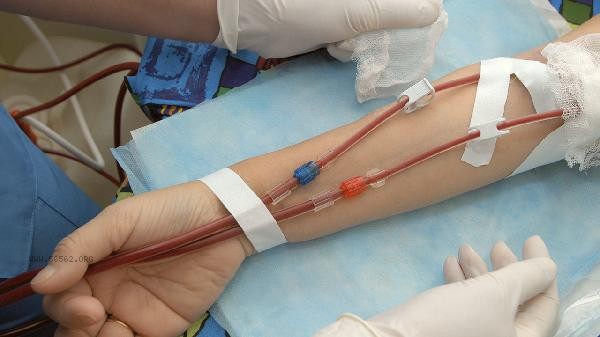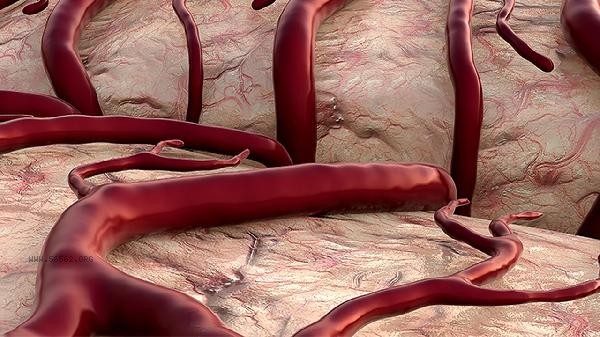Low prothrombin time is not necessarily a blood disease, it may be caused by factors such as vitamin K deficiency, oral anticoagulants, liver disease, genetic coagulation factor deficiency, or disseminated intravascular coagulation.

1. Vitamin K deficiency:
Vitamin K is an essential coenzyme for the synthesis of coagulation factors II, VII, IX, and X. Insufficient intake, such as long-term fasting, absorption disorders, biliary diseases, or dysbiosis of the gut microbiota, may lead to vitamin K deficiency, manifested as shortened prothrombin time. It can be improved by supplementing vitamin K supplements or adjusting the diet.
2. Effects of anticoagulant drugs:
Vitamin K antagonists such as warfarin can inhibit the synthesis of coagulation factors, but there may be a temporary decrease in prothrombin time during the initial stage of medication. Regular monitoring of INR values is required, and doctors will adjust medication dosage based on the results.
3. Liver diseases:

Early liver diseases such as cirrhosis may have abnormal indicators due to increased compensatory coagulation factor synthesis, often accompanied by elevated transaminases and decreased albumin. It is necessary to combine liver function examination and imaging evaluation.
4. Genetic factors:
Genetic diseases such as coagulation factor VLeiden mutations can reduce prothrombin consumption and result in lower detection values. These patients may experience recurrent venous thrombosis and need to be diagnosed through genetic testing.
5. Early stage of DIC:
During the early stage of disseminated intravascular coagulation, due to the excessive production of compensatory coagulation factors, there may be a transient decrease in prothrombin time, followed by a rapid transition to prolongation. It is necessary to make a comprehensive judgment based on indicators such as platelet count and D-dimer.

It is necessary to maintain a balanced diet in daily life and consume foods rich in vitamin K such as spinach and broccoli in moderation. To avoid sudden changes in anticoagulant dosage, individuals with abnormal liver function should limit alcohol intake. It is recommended to re-examine coagulation function every six months. If there are abnormal bleeding symptoms such as subcutaneous bruising and nosebleeds, or thrombotic manifestations such as lower limb swelling and chest pain, immediate medical attention should be sought for specialized examinations such as coagulation tests and thromboelastography. When women preparing for pregnancy or during pregnancy experience abnormal indicators, additional testing for antiphospholipid antibodies is required to rule out immune related diseases.









Comments (0)
Leave a Comment
No comments yet
Be the first to share your thoughts!